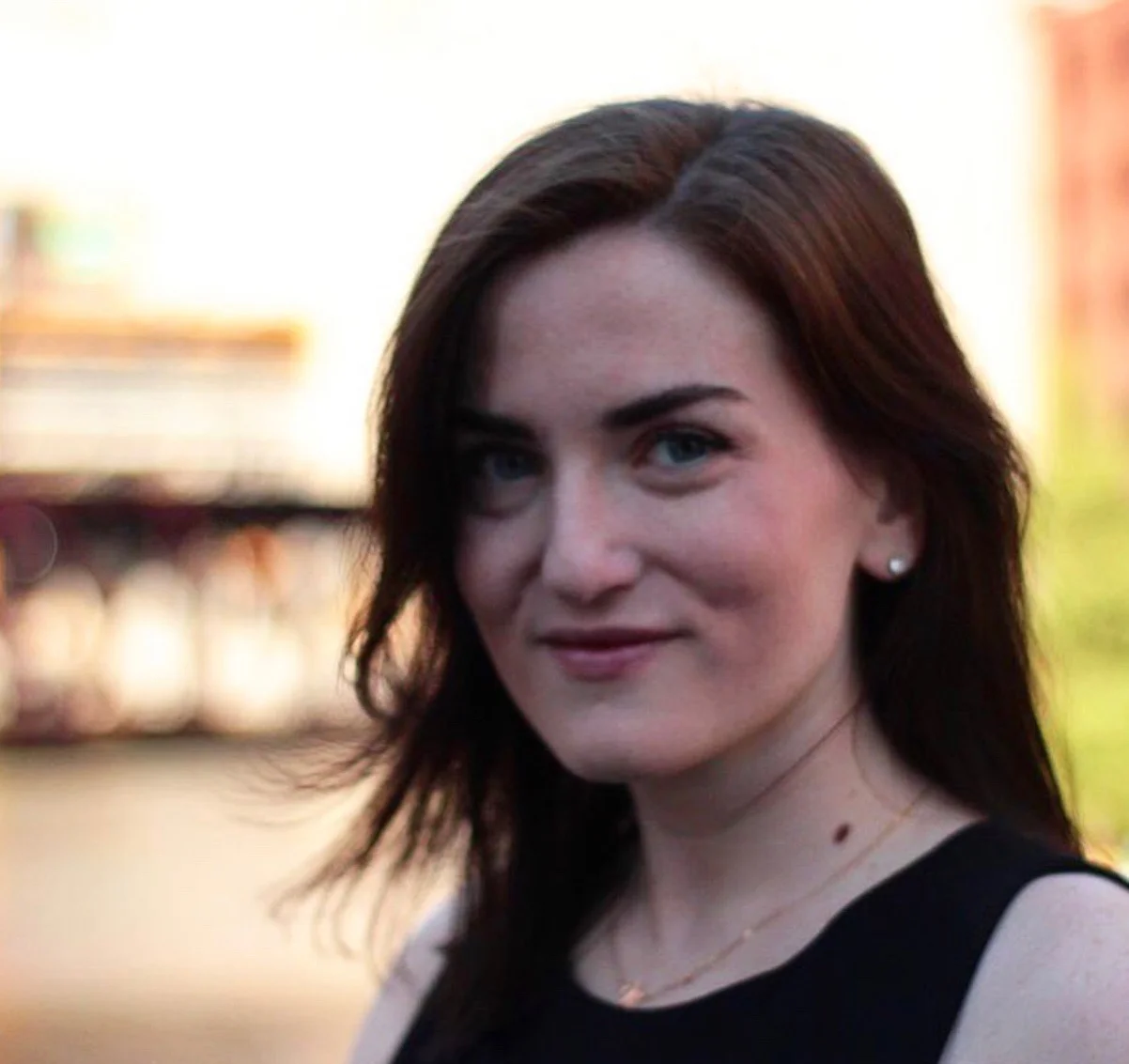My Dear Friend Zelda
In the early spring of 2017, I met with my all-time favorite professor about a dissertation-length paper on a member of the 20th American literary scene.
“I was thinking centering it around Ernest Hemingway.”
“Oh, that’ll be fine.”
“I just really like his short stories and think I could talk about his use of women as villains.”
“Have you heard of Zelda Fitzgerald?”
“F. Scott’s wife?”
“Yes, I think…yes, I think you should focus on her and her book Save Me the Waltz.”
I left his office thinking about this unheard of book and knew that even though it wasn’t Ernest Hemingway I’d follow whatever Professor thought I should.
That day my dear friend Zelda and I met in the underground corners of the library. She was dressed in a worn rose pink canvas and me in my most artistically charged flannel. It was an energetic period of my life when I gazed at her home amongst the stacks like it was carved ancient wood instead of beige metal.
Embossed in gold type her spine read, Save Me the Waltz, and as requested we danced to the north corner of the basement stacks. A like-minded soul had pushed a chair away from the aggravated typing of the liberal arts academics into a nook where Zelda and I spent the afternoon.
Immediately, Zelda showed me our similarities, our wilding, our passion, and like a friend she grabbed my hand and led me down a path of curiosity. Professor was right, professor knew, and professor gave me education without lecturing.
Zelda Fitzgerald is known by the public for two things: being the wife of the great American author, F. Scott Fitzgerald, and as a fast-talking “crazy” flapper that inspired his heroines. What most people do not realize is she was massively more than that. Her writing overwhelms an audience and is at or above the level of genius as her husband’s.
She was fiercely feminist, and despite what popular opinion believes, she loved Scott so deeply she often didn’t mind that he used her words in his books. He distressed her, and she him, and despite the fact that she lived in an asylum for years her mental illness was not the downfall of their relationship, nor was it due to their relationship at all, but brain chemistry that exploded – the 1920’s as its catalyst.
She was so deeply a badass that she responded to Scott’s novel Tender is the Night with her own book Save Me the Waltz as if to say, “let me show you my side.”
Her depth of so-called madness could’ve simply been solved with today’s medicine but like most affected artists, she felt the pain as well as the artistic empowerment of it.
When Zelda and I became friends, I was in a place of fighting and loving my own brain. The energy felt powerful and exciting and creative, but at the same time, my fast typing and foot tapping were powerfully anxiety producing. My panic was painful against my chest, and my exhausted eyes that would appear in darkness craved stability, and Zelda understood that.
It was if her book said to me, “wait – let me show you something.” I read her and the scholarly research regarding Save Me the Waltz, her letters to Scott, and Scott’s opinion on the matter, during the months that my world shifted back to its proper access and my breath returned to a normal speed.
Professor gave the paper produced from this time perfect marks, and words I typed together felt like her description of pointe shoes against the floor: ticking in a sound of precision that “set your bones right.”
Since then, I have felt fiercely protective of Zelda and her time that reminded me so much of myself. I have always loved the Jazz Age, unknowingly before, and knowingly now.
My friend Zelda lives in a book on a pseudo-curved shelve, in the north corner basement of the library and under increasingly expensive price tags in bookstores across the world. I want to put the rose-colored book upon my shelf someday but for today — I am reminded of her taking my hand and showing me her world in a way that allowed me to appreciate mine.


